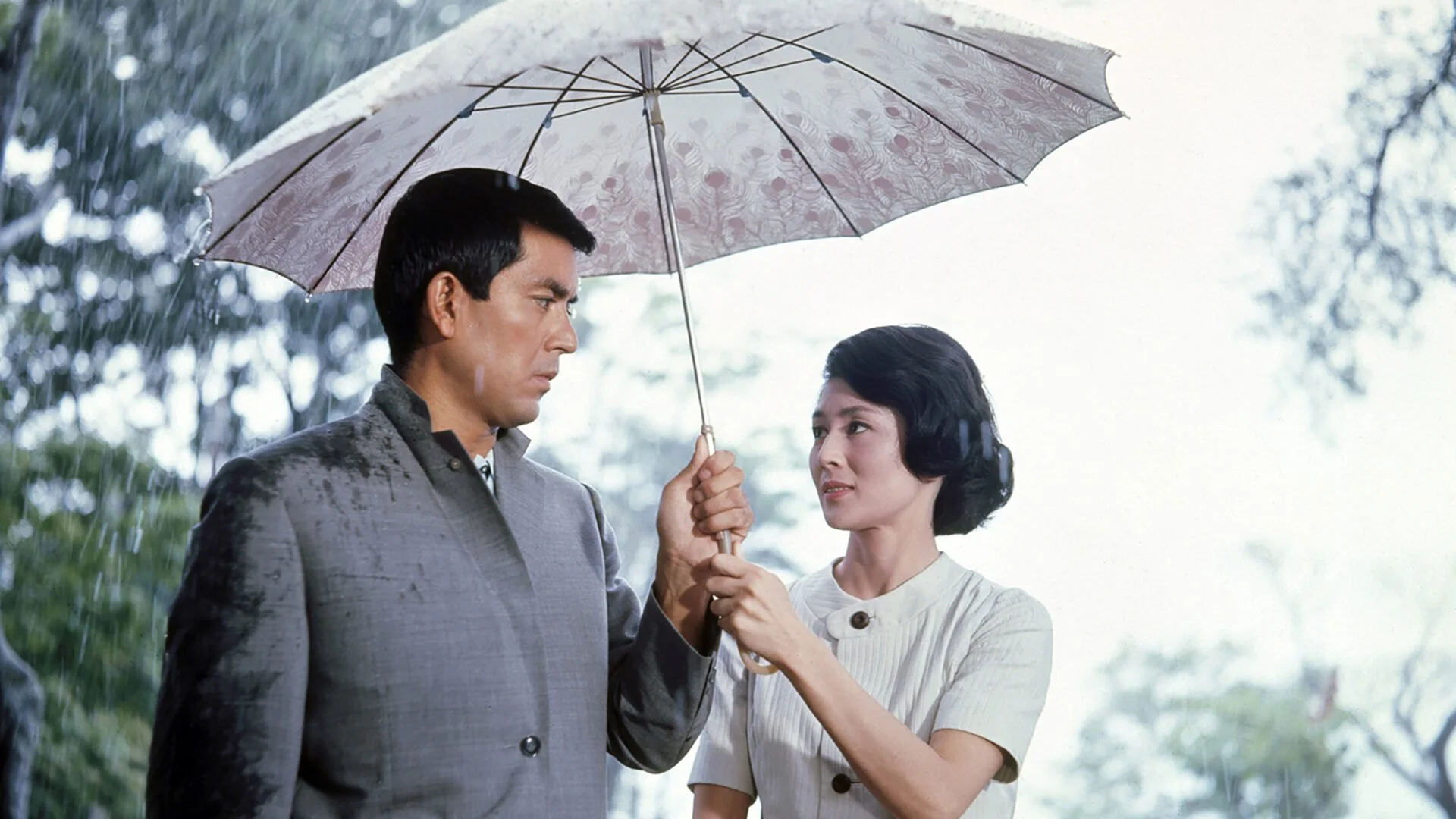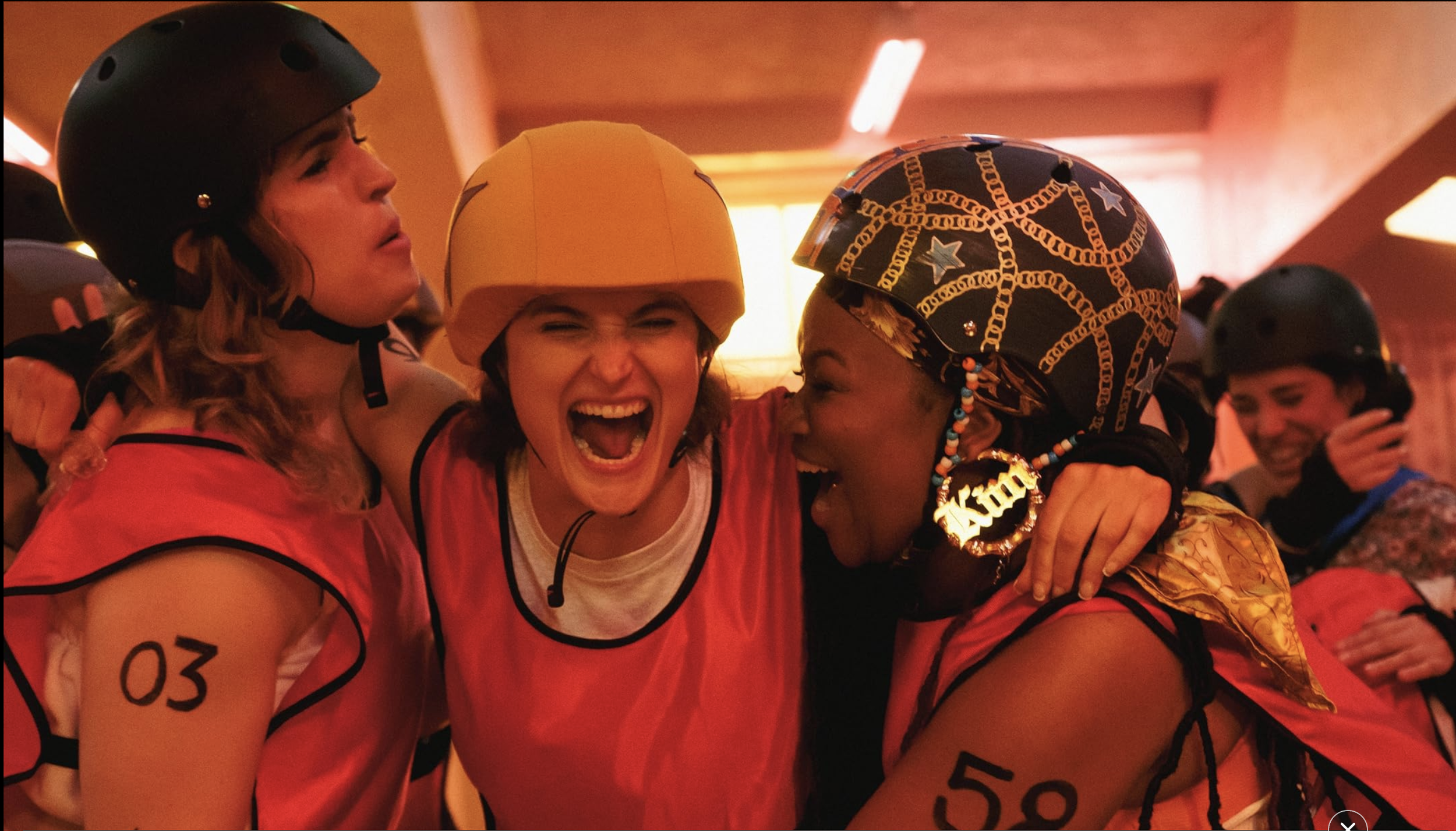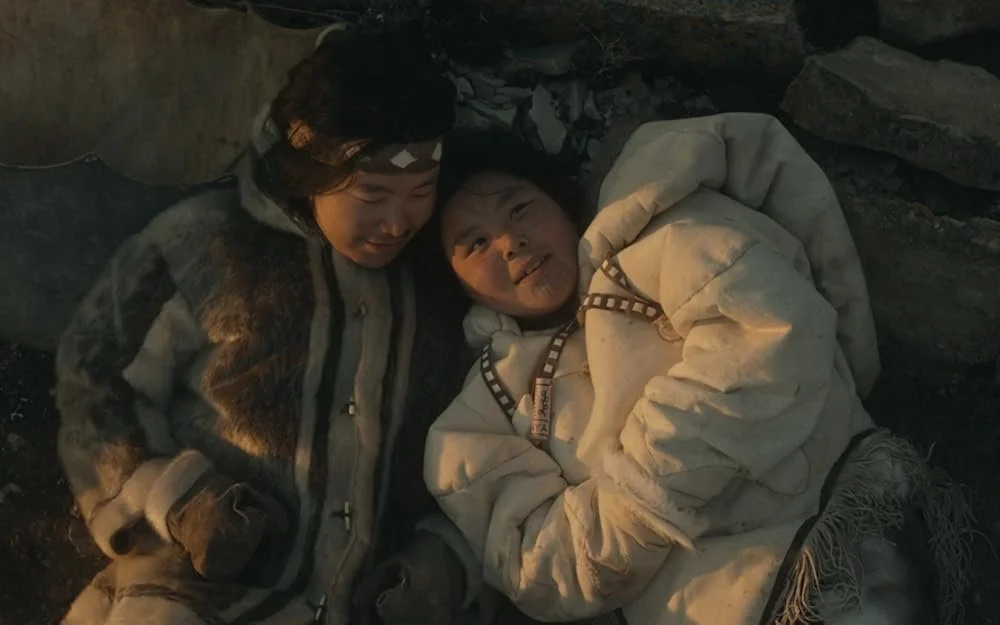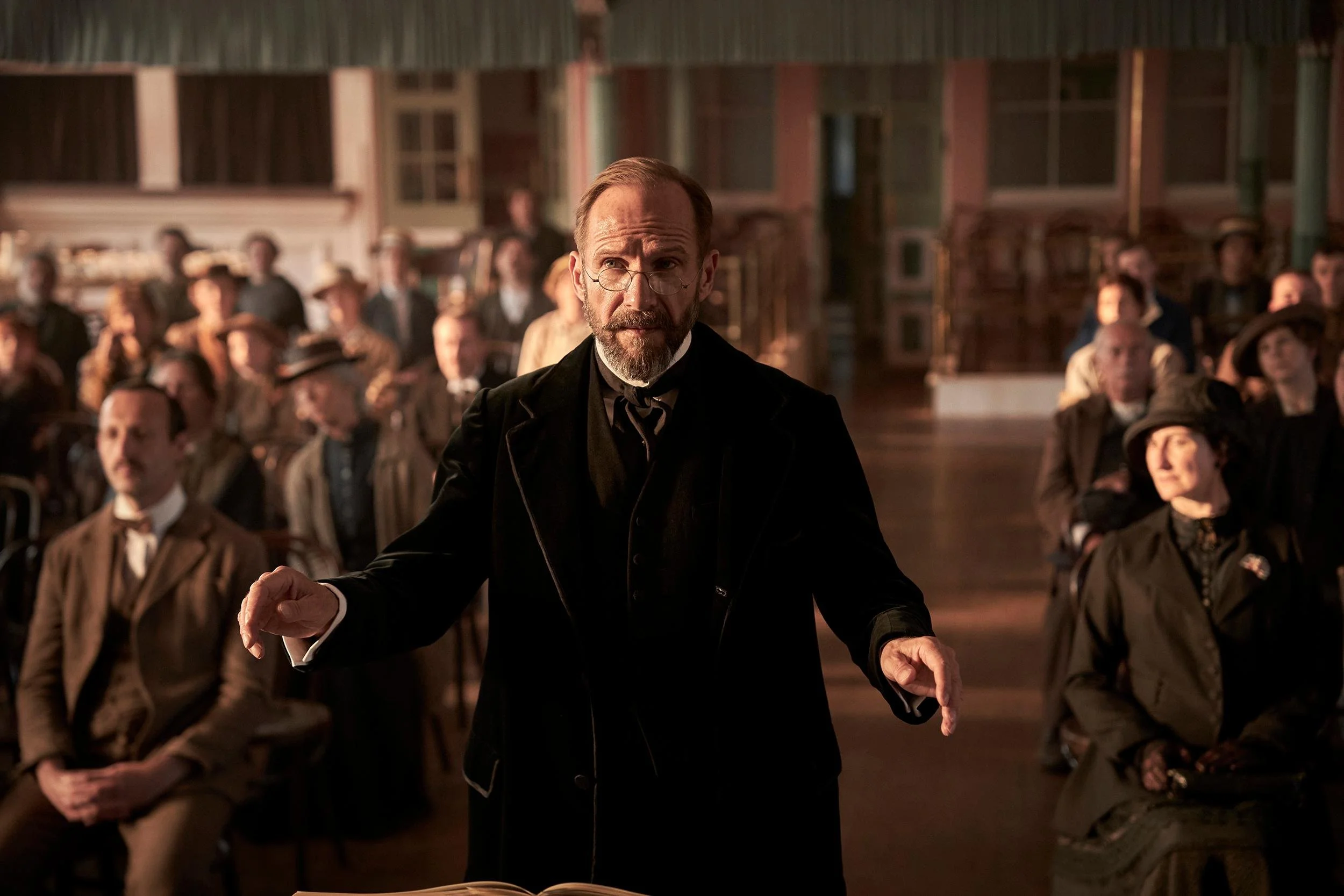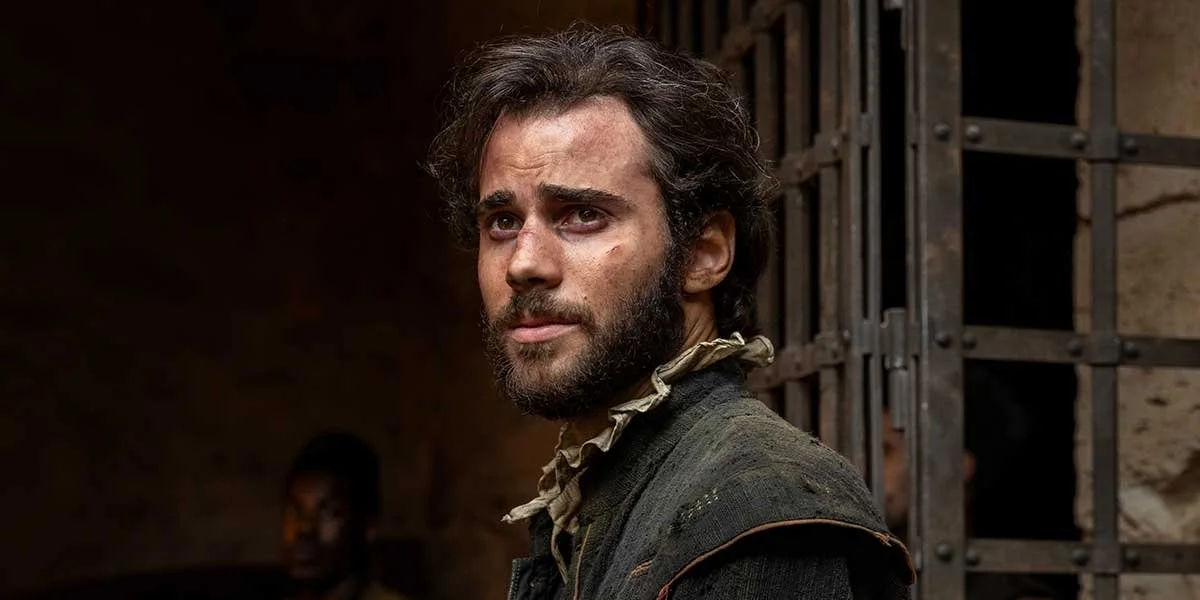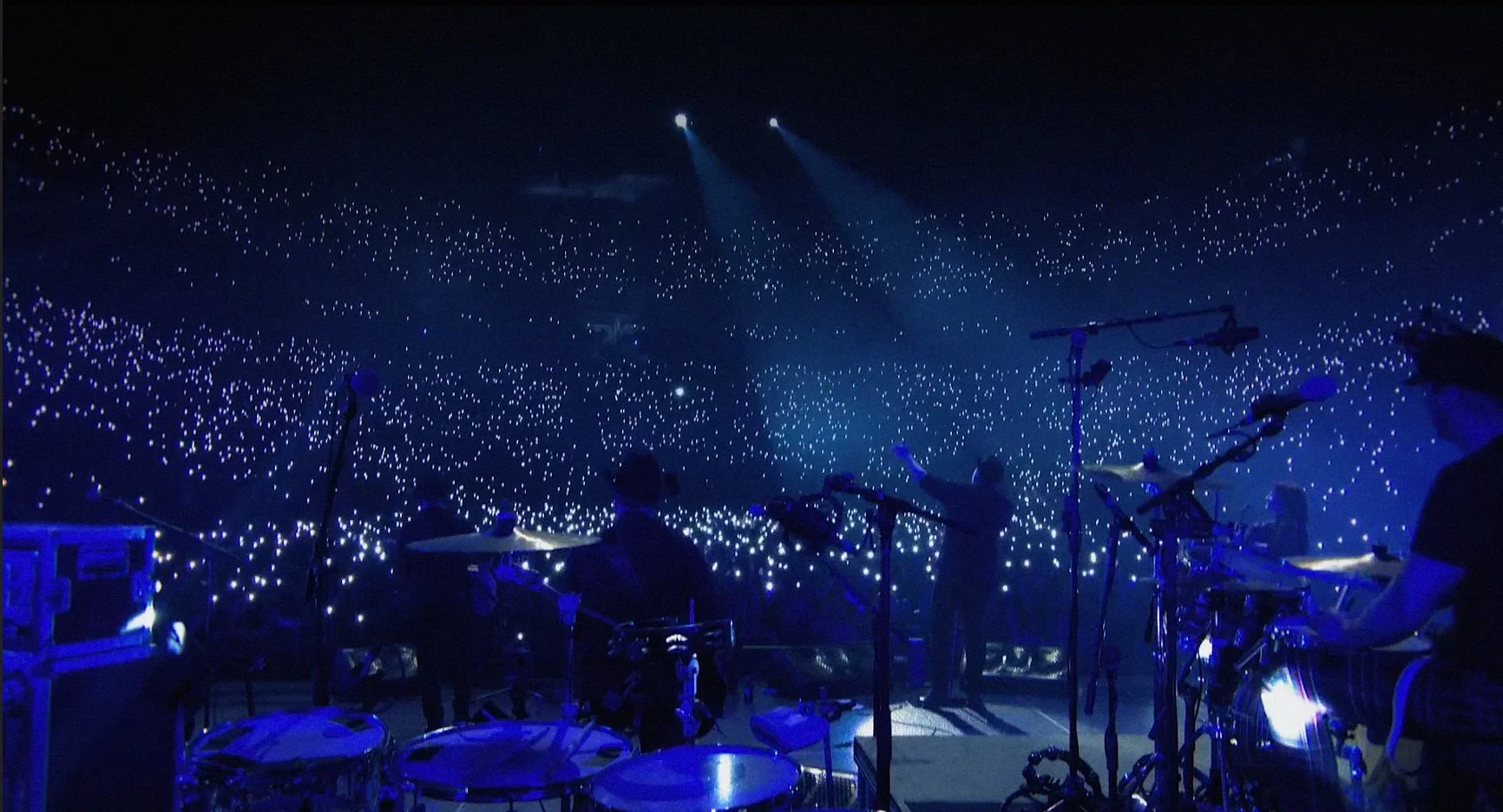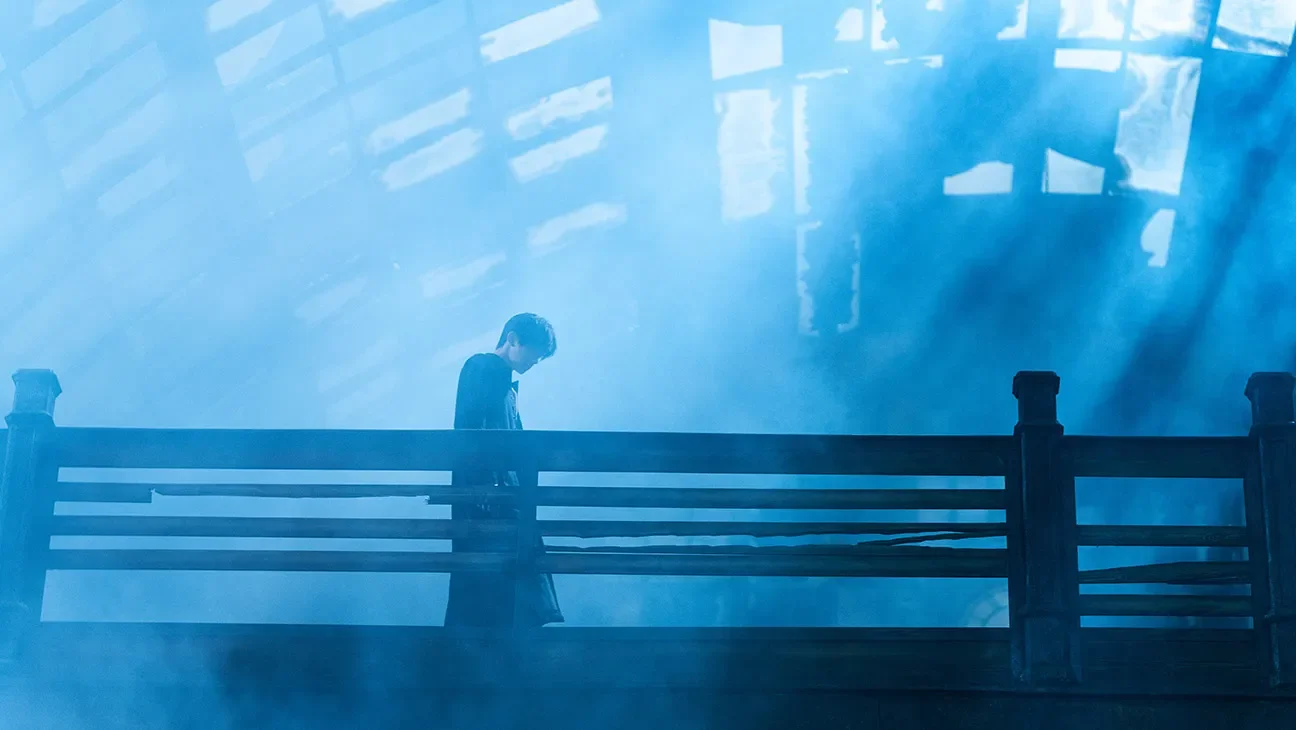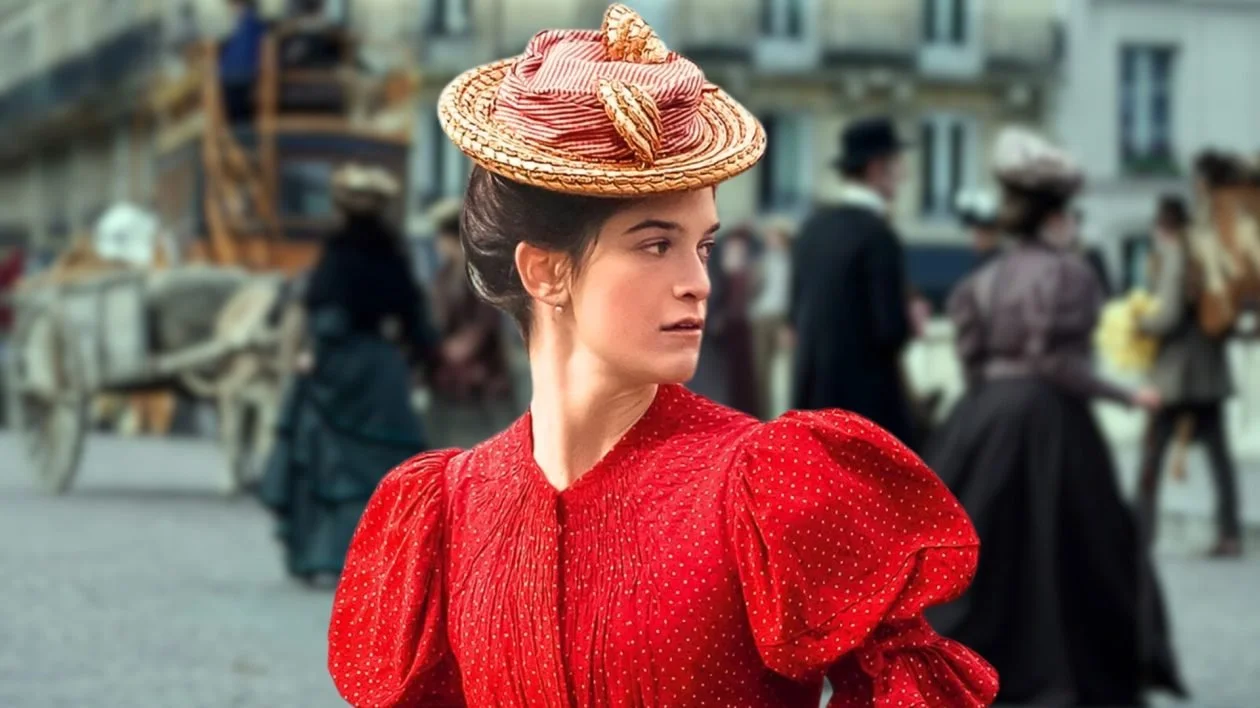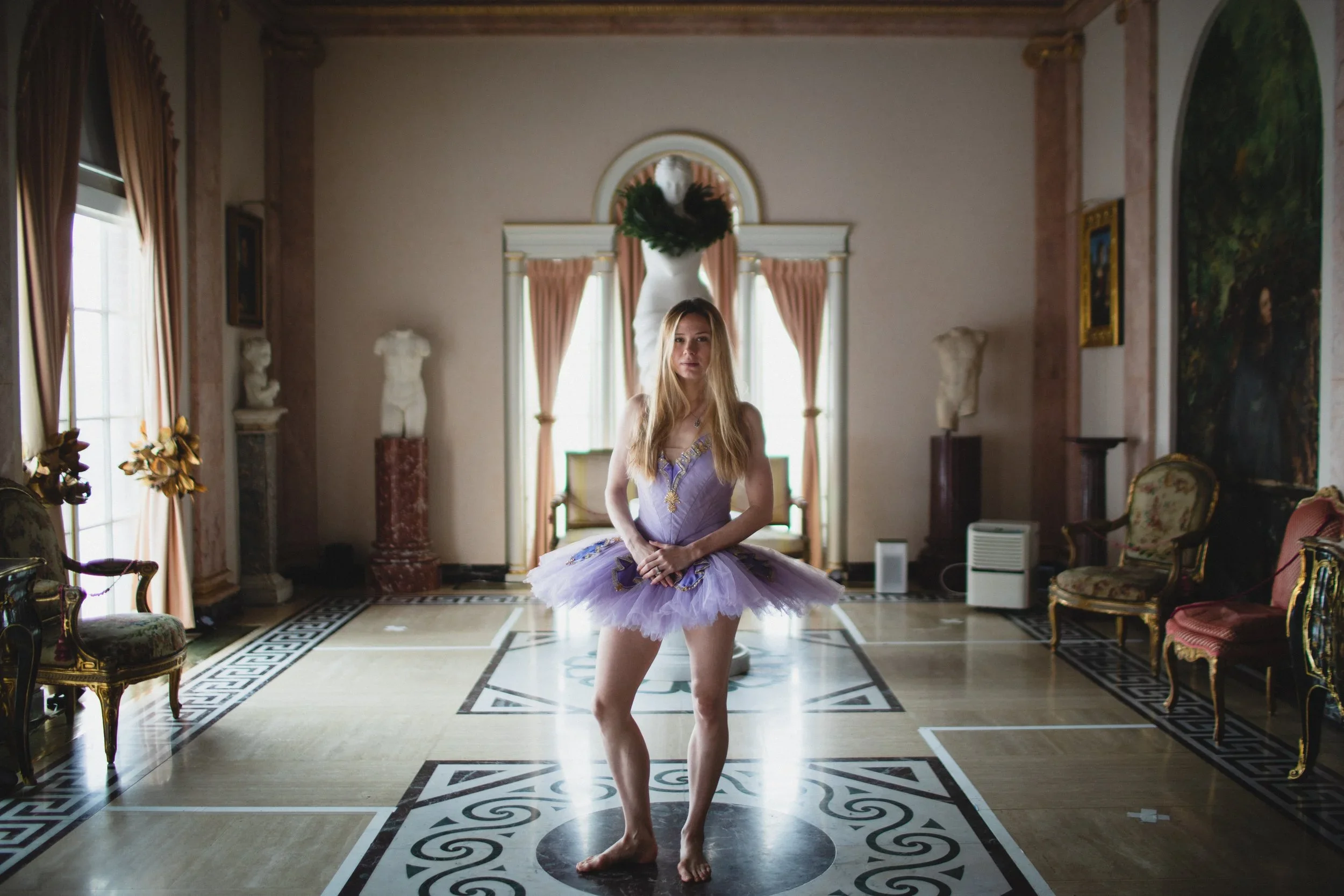Film review: Morally complex mystery Lucy Grizzli Sophie opens Rendez-Vous French Film Festival
In the movie based on critically lauded Quebec play La Meute (Mob), two people form an unlikely bond in a remote B&B
Guillaume Cyr and actor-playwright Catherine-Anne Toupin put in strong, raw performances in Lucy Grizzli Sophie.
Visions Ouest presents Lucy Grizzly Sophie as part of the Rendez-Vous Film Festival at SFU Woodward’s on February 24. The festival runs February 24 to March 8
BASED ON QUEBEC ACTOR-PLAYWRIGHT Catherine-Anne Toupin’s intense little thriller Mob (or La Meute, as the Canadian stage hit was called French), Lucy Grizzli Sophie makes it clear a psychological game is going on—but the stakes and power dynamics remain a mystery to the final act.
That means they’ll have to remain a mystery here, too—as will at least two of the identities in the three-name title. What we can tell you is that distressed heroine Sophie has driven from the city to a remote B&B in Quebec’s Eastern Townships. Just what she’s escaping is not clear—though we get flashes of something that’s clearly traumatic and violent. She’s so distressed she downs a bottle of booze, and barfs the second she arrives at her rental, run by an elderly aunt and her out-of-work loner nephew, Martin (cue the Hitchcock vibes).
Sophie and Martin gradually form an unlikely bond as she hides out, drinking late into the night on the dock, and divulging their innermost thoughts, despite their age and class differences—Sophie an older urbanite, the younger Martin stuck in his rural rut. What they share is a sharp sense of humour: “You’re like a 50-year-old teenager,” Martin marvels at Sophie at one point. “Forty-five,” she hisses jokingly.
Director Anne Émond gives the film a sinister feel that hangs over even its many funny moments. She’s helped enormously by cinematographer Olivier Gossot, who makes the thick, green-gold woods and quiet lake heavy with portent, and the expansive, isolated house cozy but somehow also dark and foreboding with its timber walls. Extreme closeups of Sophie’s eyes hint that she’s watching and reading what’s going on around her with unusual intensity.
The big draw here is the raw, naked, and complex characters. Actor-playwright Toupin herself plays Sophie, by turns empowered and comfortable in her own skin, yet tormented, maybe even afraid, and reckless. Guillaume Cyr’s Martin is even more fascinating, a giant man-child, achingly lonely and prone to angry outbursts, frustrated at having to depend on his aunt, but also extremely funny and disarmingly softened by Sophie’s attentions. Breakfast is included in Sophie’s board, but suddenly Martin starts excitedly cooking her dinners. Is she flirting with him? Toying with him? Letting her guard down and connecting with him? Or is there something else happening entirely, as their conversations become more sexualized?
In this film about the power of words, especially to harm, there’s a lot of talking and negotiating in the latter half of the film—a fact that may work better onstage. Still, the script holds timely revelations about the personas we take on when we're shielded by anonymity versus the humans we really are—and insights into the epidemic of hate that can so easily attract lost souls. In both Martin and Sophie, there are compelling grey areas of morality; in Émond’s film, “bad” people can do good things, and “good” people are capable of reprehensible things. It’s complex and difficult subject matter—ultimately a lot darker and unsettling than you probably expect going in—captured with assured performances and direction, making it worth a look when it opens this year's Rendez-Vous French Film Festival.




